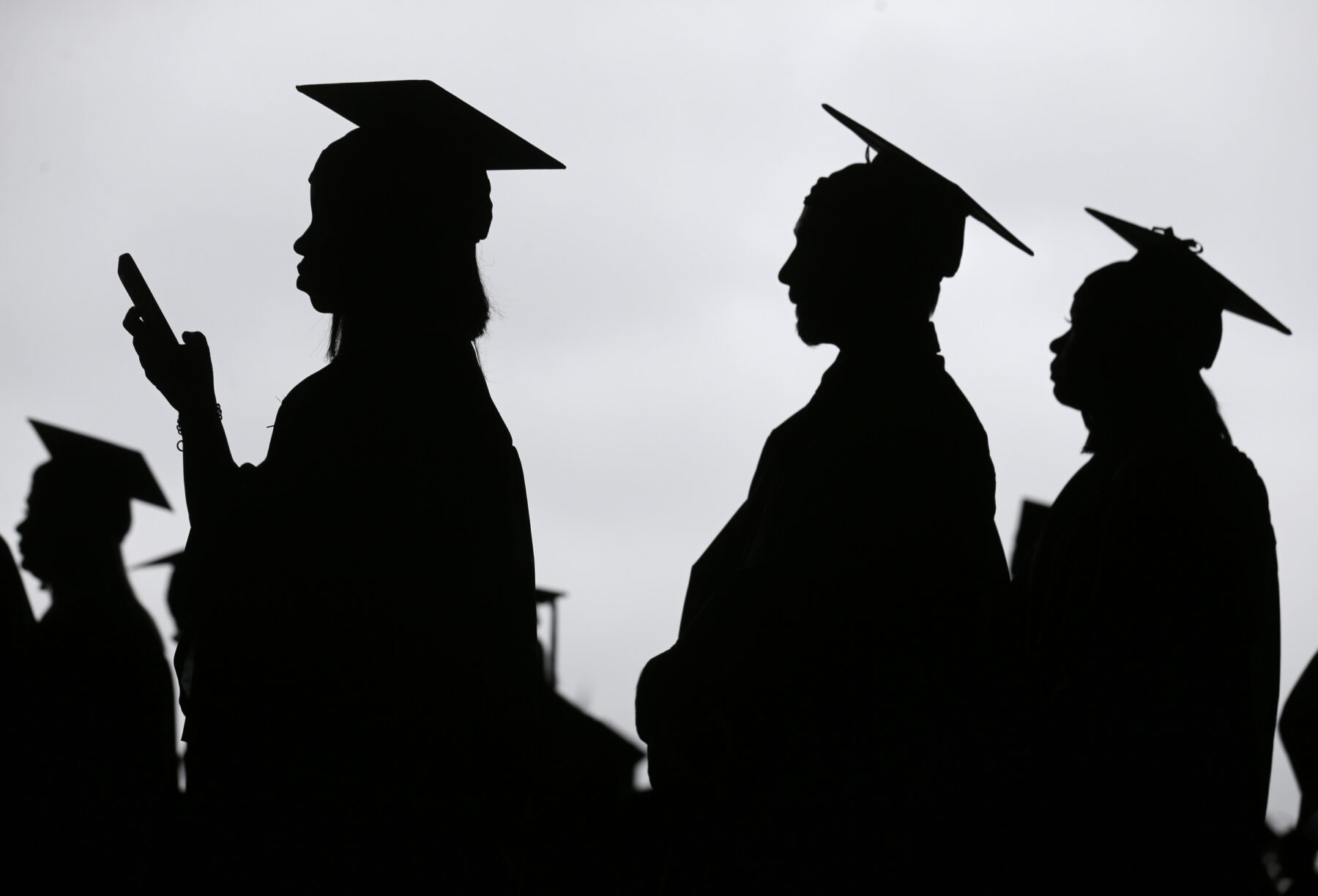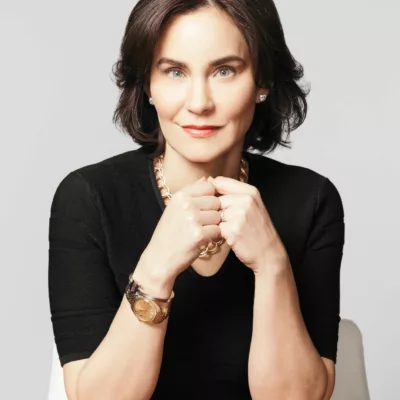On a Tuesday in late February, 650 students at the Art Institute of Seattle opened a jarring email that said their school was at imminent risk of closure.
The news was a shock to students — and to Washington state policymakers. The state agency that oversees colleges had only just learned from panicked Department of Education officials that the school was in danger of running out of money.
The warning from the department was an understatement, if anything. Ten days later the college folded, leaving students’ heads spinning and officials to deal with the aftermath. Art Institute Seattle retained its accreditation until the day it shuttered its doors.
College closures are becoming an alarming phenomenon in the United States, presenting serious consequences for taxpayers and students.
For decades the U.S. has sought to expand access to colleges and universities to help high school graduates compete in the labor market, pumping an estimated $130 billion in grants and loans into higher education each year.

But remarkably, the federal government asks very little from schools in exchange for that funding, and there are few quality assurance measures in place to protect consumers. What’s more, students’ returns on their investments in higher education vary widely; there is only limited information available about how graduates from different programs fare in their careers.
This “blank check” system has led to some big problems: Institutions with terrible track records on student outcomes continue to rake in federal dollars, while students are taking out mountains of debt to attend colleges where they have just a one in 10 chance of graduating.
In this episode of “Deep Dive with Laura Arnold,” Arnold Ventures Co-Chair Laura Arnold talks to experts Lanae Erickson, a senior vice president at the Washington think tank Third Way, and Kevin Carey, vice president of education policy and knowledge management at New America, about their vision for fundamental reforms to higher education, including a push to hold schools accountable for outcomes, a real investment in community colleges that are serving non-traditional students, and a movement to put information in the hands of students who can use it.
How to listen
Listen to the podcast here or on iTunes, Google Play, Spotify, Stitcher, or your favorite podcast app.
About the host
Laura Arnold is the Co-Founder and Co-Chair of Arnold Ventures, founded in 2010, and an attorney and former oil company executive. Read more about her here.















